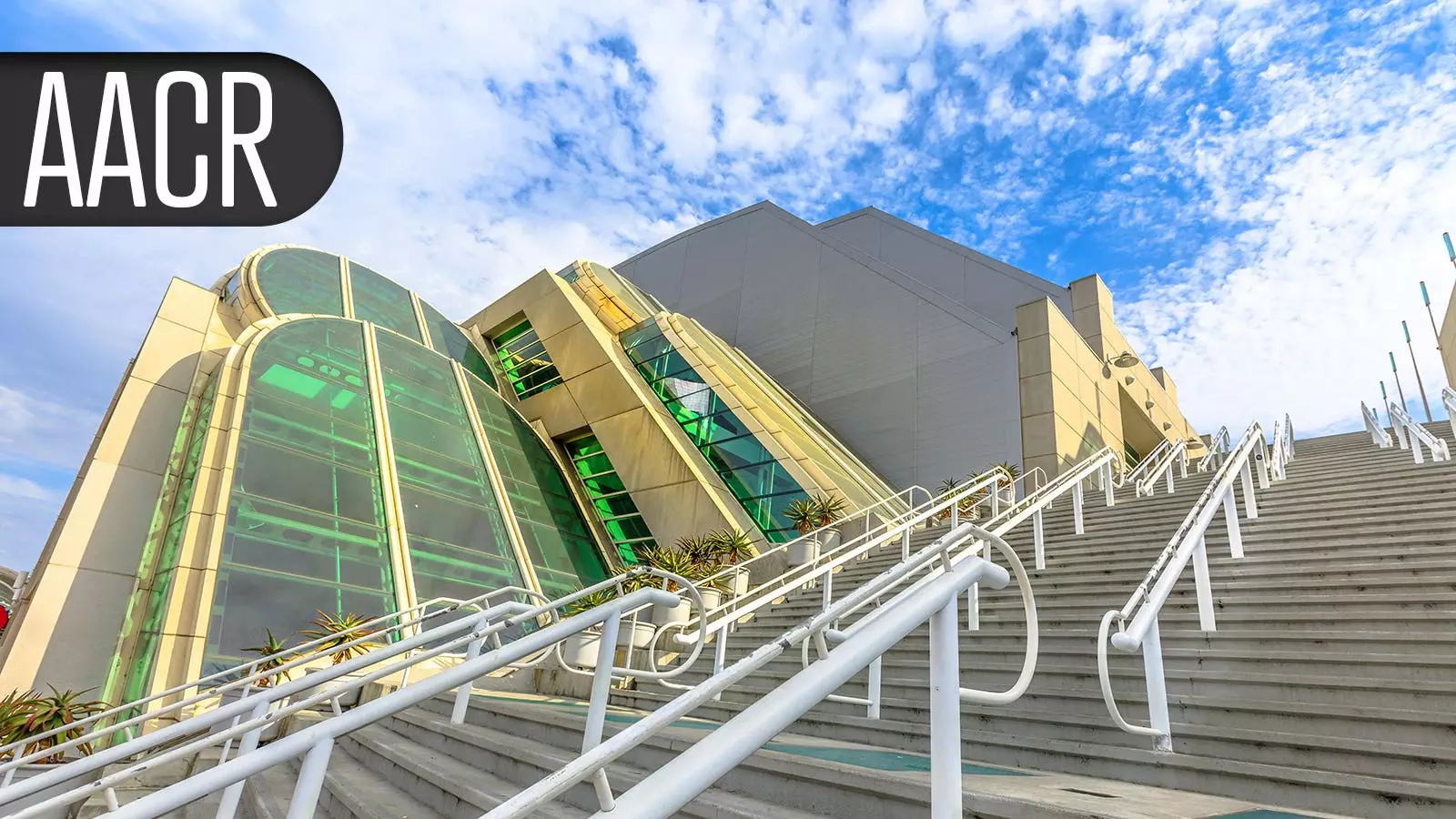Pancreatic cancer has long been known as one of the most challenging types of cancer to treat due to its aggressive nature and often late-stage diagnosis. However, recent research has shown promising results in the use of neoadjuvant chemotherapy and immunotherapy as a preoperative treatment for patients with borderline resectable pancreatic cancer. This innovative approach has been found to be both safe and effective in improving surgical outcomes and overall survival rates.
A small pilot study conducted by Zev Wainberg, MD, of the University of California Los Angeles School of Medicine, explored the use of a combination of modified FOLFIRINOX and nivolumab as neoadjuvant treatment for pancreatic cancer. The results of the phase I/II trial showed favorable rates of R0 resection, a median progression-free survival of 21.9 months, and a median overall survival of 34.6 months. Patients who successfully underwent surgery experienced even longer survival rates.
Historically, studies of chemotherapy and immunotherapy in the metastatic setting for pancreatic cancer have yielded disappointing results. However, the success of this study supports further investigation of these treatment modalities in less-advanced stages of the disease. By administering these drugs in the neoadjuvant space, researchers hope to gain a better understanding of their impact on tumor biology and potentially improve outcomes for patients with borderline resectable and locally advanced disease.
Of the 28 patients included in the study, 22 underwent surgery, with an impressive 79% achieving R0 resections. This is particularly significant for patients with borderline resectable pancreatic cancer, as R0 resections are associated with longer survival rates. The use of neoadjuvant therapy in reducing tumor recurrences and improving surgical outcomes has shown promise in this study and warrants further investigation.
Patients who underwent surgery in the study had a median progression-free survival of 27.3 months and a median overall survival of 44 months. The 12- and 18-month overall survival rates were 82% and 77%, respectively, surpassing historical controls. These results indicate that neoadjuvant chemotherapy and immunotherapy may be effective in improving survival outcomes for patients with borderline resectable pancreatic cancer.
The findings of this pilot study suggest that a preoperative combination of chemotherapy and immunotherapy is a promising approach for treating patients with borderline resectable pancreatic cancer. By utilizing neoadjuvant therapy, researchers have demonstrated improved rates of R0 resections, longer progression-free survival, and overall improved survival outcomes. Further research in this area is warranted to confirm these findings and potentially establish new standards of care for patients with pancreatic cancer.



Leave a Reply